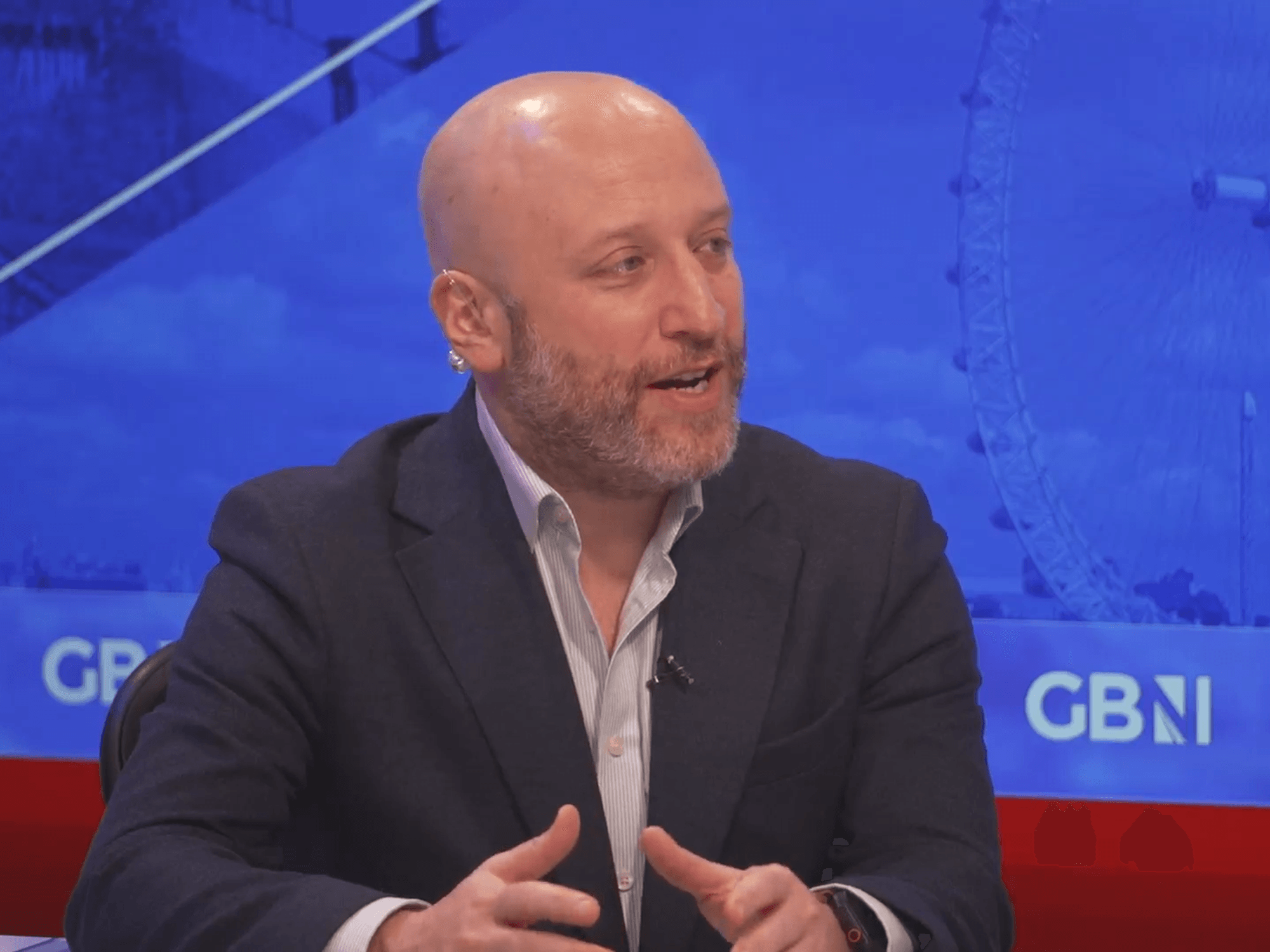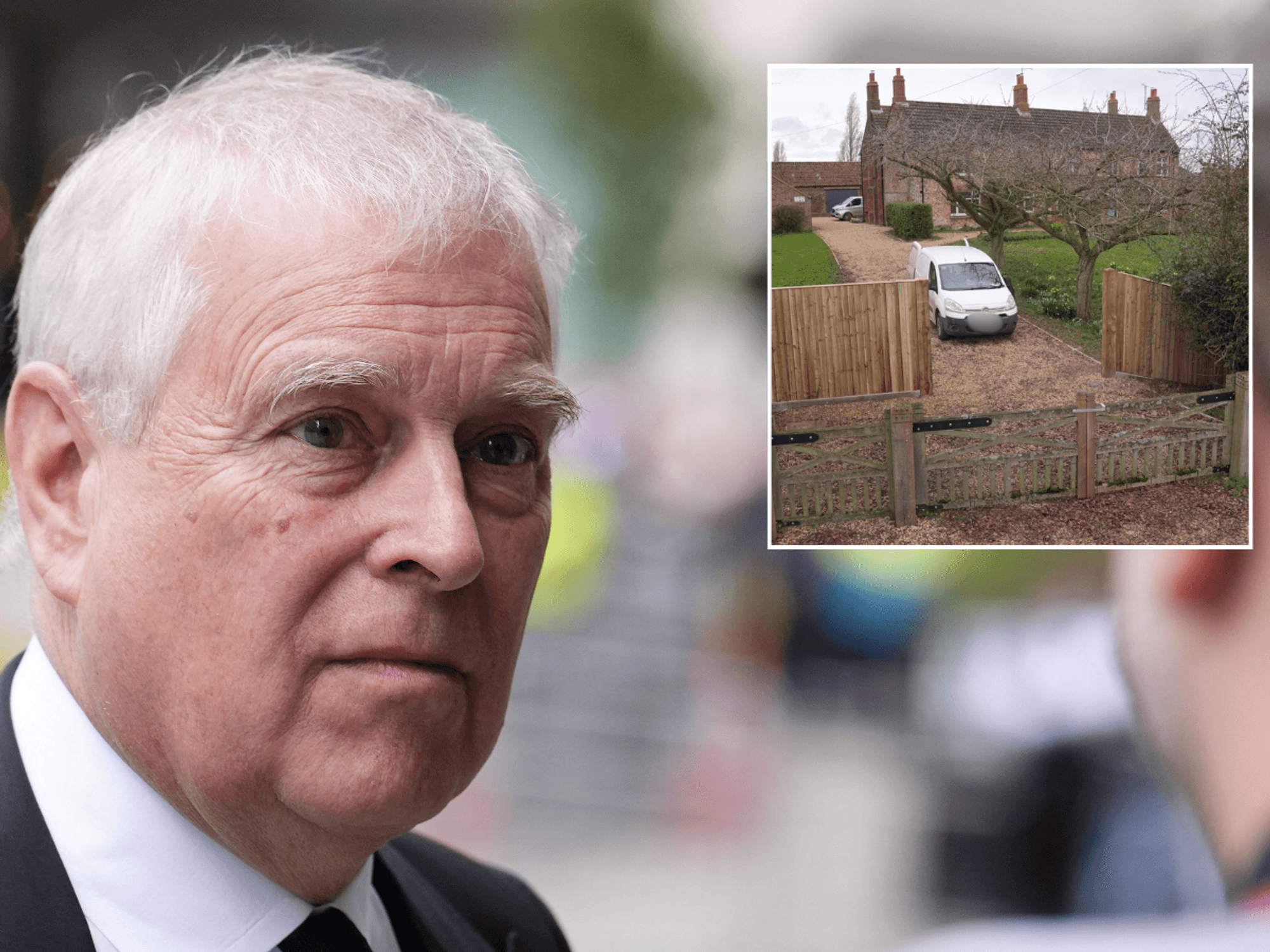Rachel Reeves could launch '10p-per-mile charge' for drivers within years after Budget car tax hike
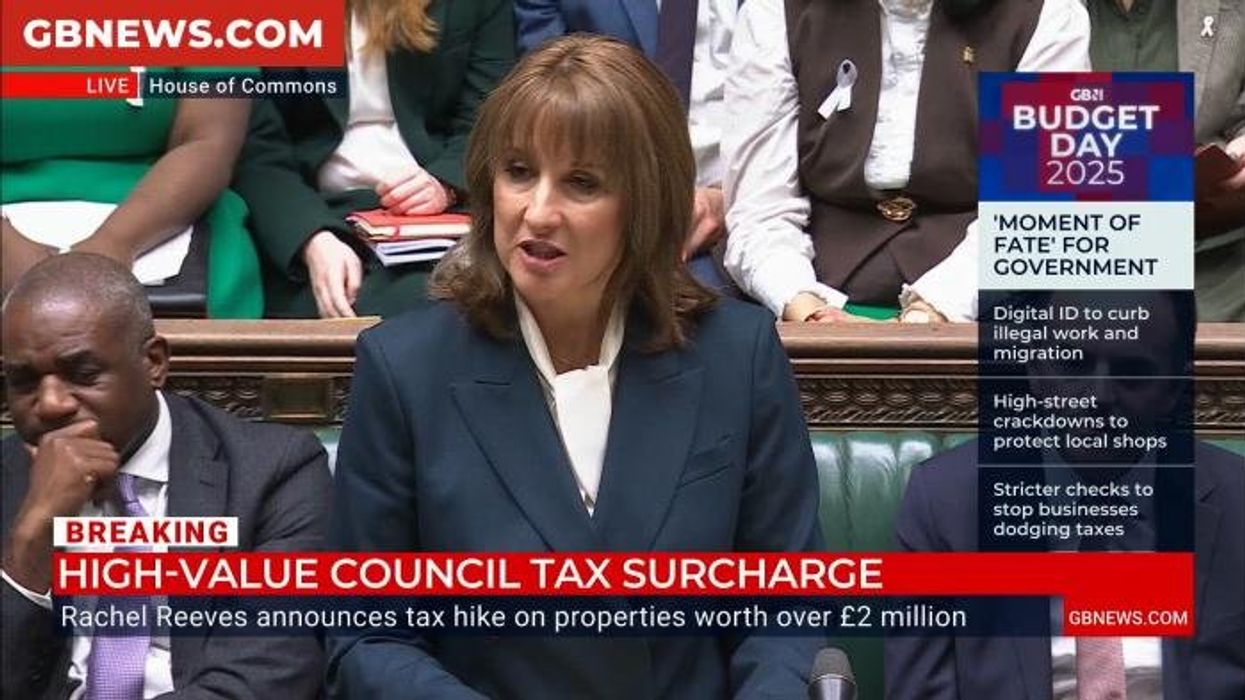
WATCH: Chancellor Rachel Reeves says drivers will be taxed under a pay-by-mile car tax system
|GB NEWS

Electric car owners will be charged 3p per mile, while plug-in hybrid drivers will pay 1.5p per mile
Don't Miss
Most Read
An expert has warned that drivers could eventually face huge costs for using their vehicles on the road after the Chancellor confirmed a major tax overhaul in the Budget.
Chancellor Rachel Reeves announced yesterday that she would launch new pay-per-mile car taxes in the form of the new "Electric Vehicle Excise Duty" (eVED) tax.
The new charge will impact electric and plug-in hybrid cars from April 2028, and charge drivers 3p and 1.5p per mile, respectively.
Owners of electric and plug-in hybrid vehicles will have to pay the mileage-based charges alongside standard Vehicle Excise Duty in a "double tax".
TRENDING
Stories
Videos
Your Say
Chancellor Rachel Reeves said the Government needed to "take responsible decisions to reform the tax system" to ensure fiscal sustainability in the Autumn Budget.
The eVED is also being introduced to account for the long-term decline in fuel duty as an increasing number of petrol and diesel drivers choose to switch to electric vehicles.
A consultation into the future of eVED has been published by the Government, outlining that electric vehicle drivers will be paying half the fuel duty rate paid by petrol and diesel drivers.
Modelling estimates from the Government state that other motorists would be required to pay an average of £480 if they did nothing.
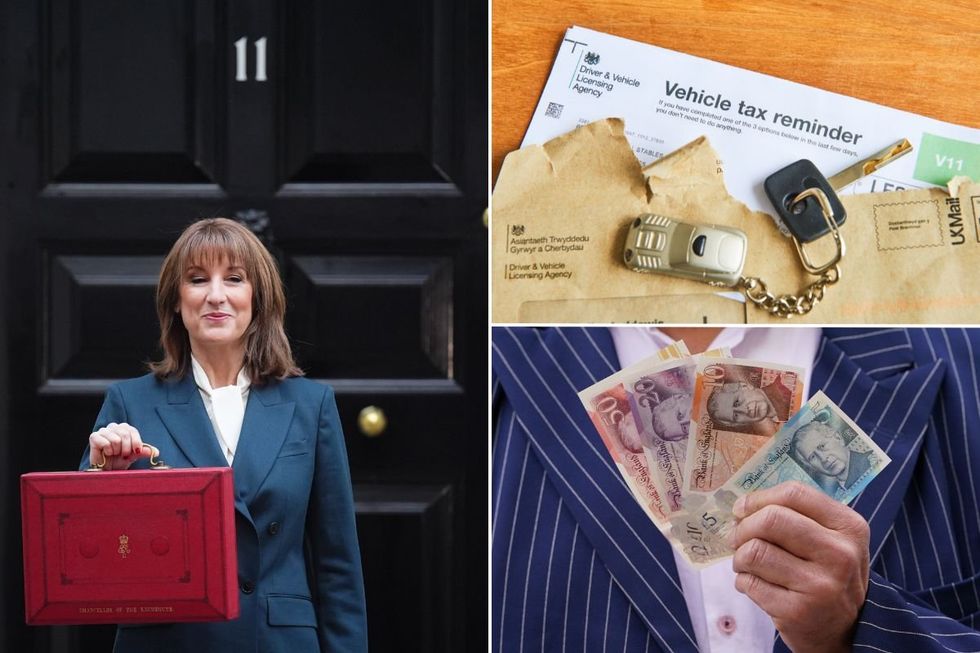
Chancellor Rachel Reeves unveiled new pay-per-mile car tax changes in the Budget yesterday
|PA/GETTY
Stuart Masson, editorial director of The Car Expert, described the 3p per mile tax on electric cars and 1.5p charge for plug-in hybrids as a "serious own goal".
He continued, saying: "A typical EV driver doing 10,000 miles a year will pay an extra £300, on top of the hassle of reporting mileage and the uncertainty of not knowing the final bill - who can say today what their mileage will be next year with 100 per cent certainty?
"It is clearly the thin end of the wedge. Then, let's be honest... A 3p levy today will become 4p, then 5p, then 10p.
"This will deter EV buyers right now, even though the tax does not arrive until 2028."
LATEST DEVELOPMENTS
While precise details on the scheme are limited, the Government confirmed that drivers would not need to install "trackers" in their cars.
They also won't need to "interact with a whole new tax system", with drivers required to pay for the miles they drive alongside paying their regular road tax.
Other vehicle types, including vans, buses, motorcycles, coaches and HGVs, will not be included in the eVED scheme once it launches in April 2028.
This has been put down to a lack of available and affordable options for motorists, especially when compared to the number of electric cars on the market.
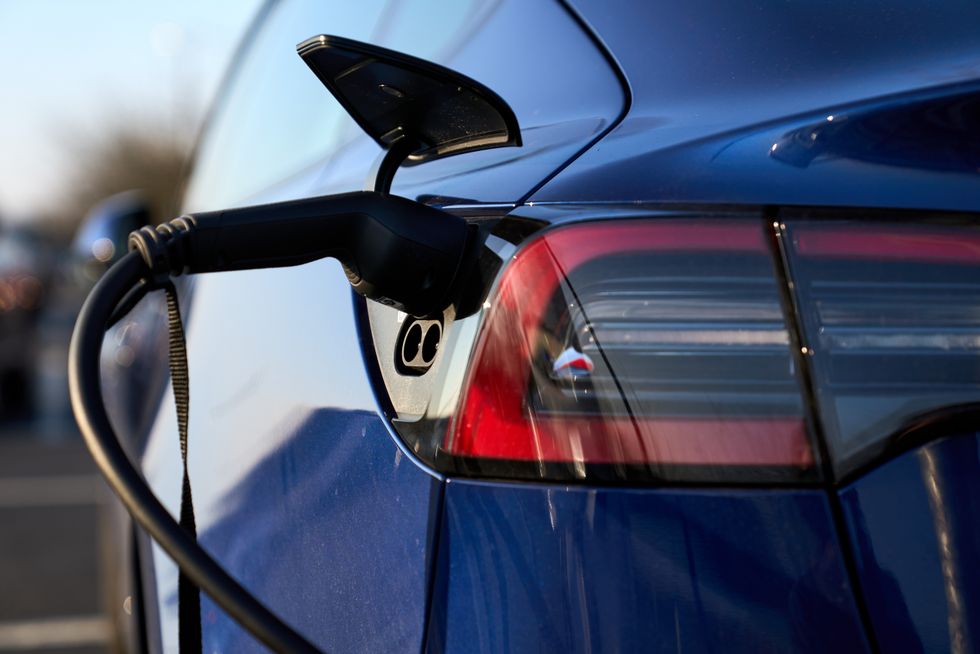
£200million has been given to electric vehicle charging funding
| PAHMRC estimates that revenue from fuel duty will drop from around £25billion this year to less than £5billion by 2049-2050, requiring the need for alternative tax measures.
To offset the new charges for electric vehicle owners, the Government announced further investment of £1.5billion to support the uptake of new zero emission vehicles.
The Electric Car Grant has received a £1.3billion boost, taking the full amount to almost £2billion. Around 35,000 people have already taken advantage of the incentive scheme, as motorists could save up to £3,750 off the price of a vehicle that costs £37,000 or less.
Motorists were also backed by £200million in funding for electric vehicle chargers to support the installation of devices at homes, workplaces and in public.






